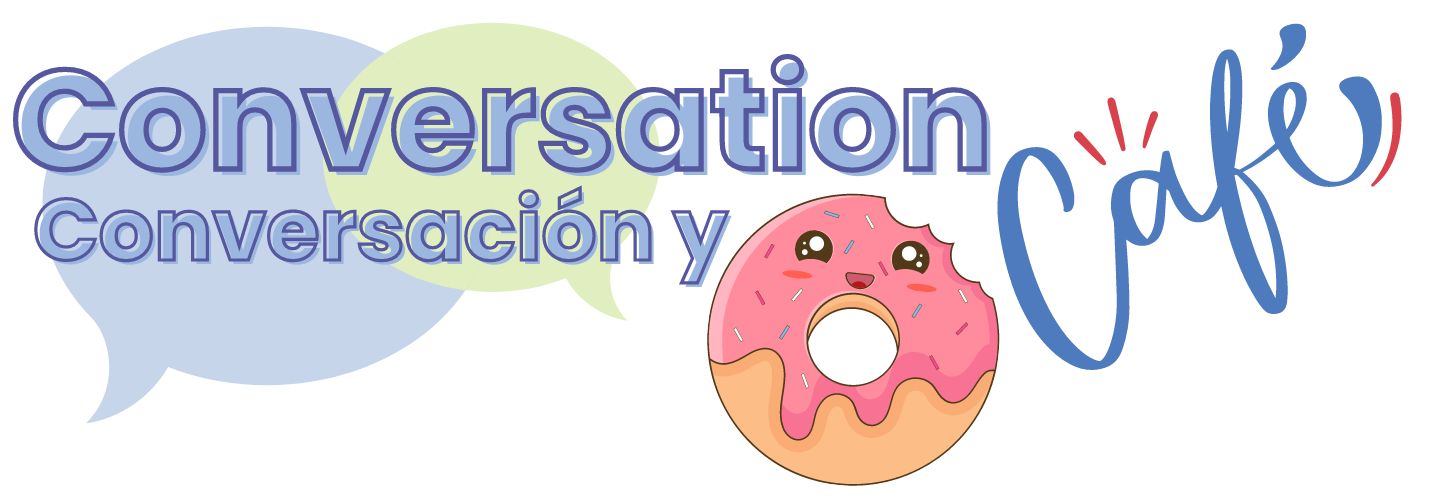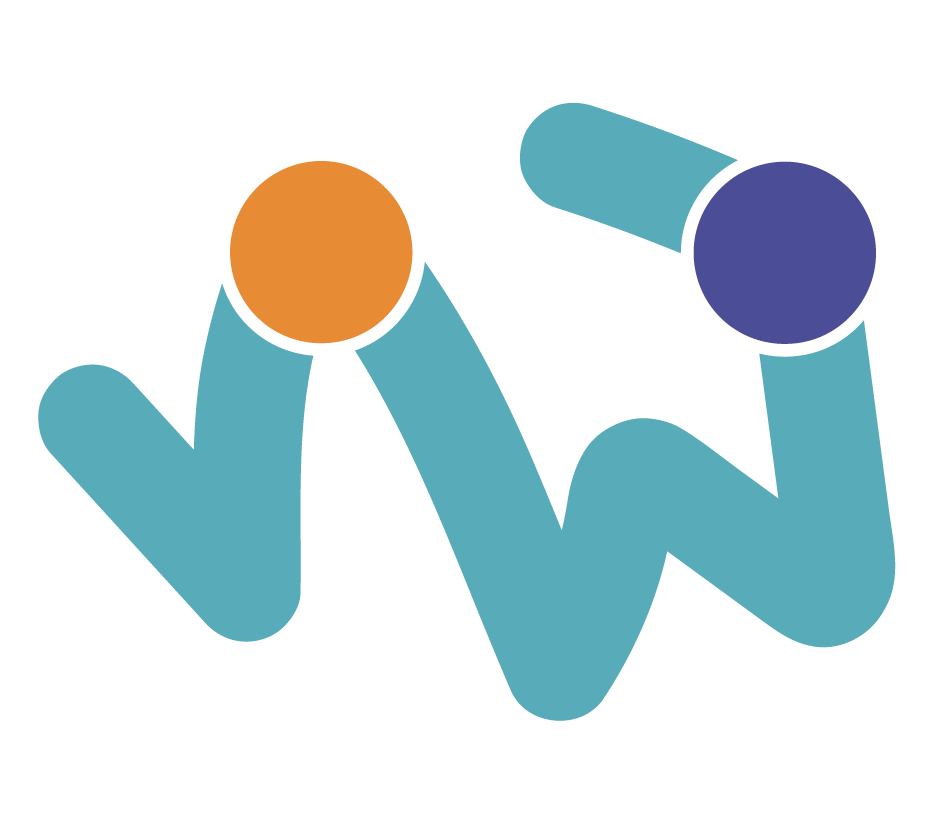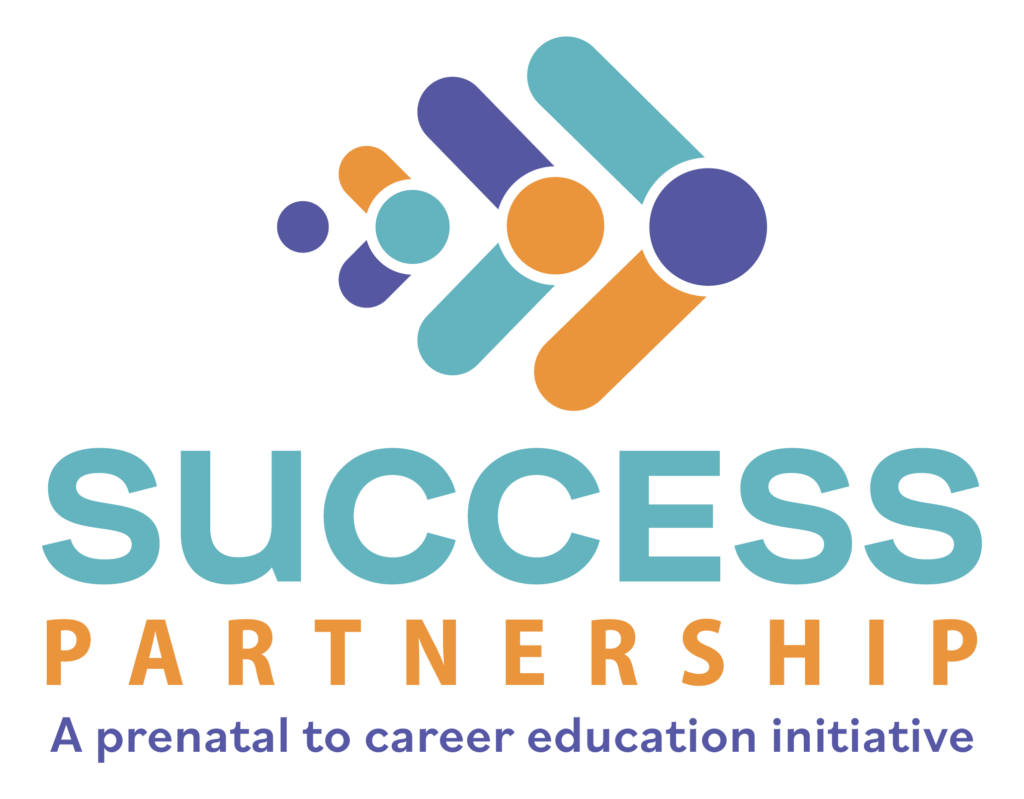
Conversation Cafe Project
Conversation Project Overview
Our work is guided by the voices of those who are directly experiencing and engaging with the education system. The Conversation Café Project created a platform for students to share their needs, barriers, hopes, and visions for education.
This initiative centered on authentic youth engagement, with sessions led entirely by paid Youth Facilitators. These facilitators received training in best practices, equipping them with facilitation skills and guiding handbooks to ensure meaningful and inclusive conversations. While a supportive adult was present nearby for emergencies, they did not participate in the sessions, allowing students to lead and engage freely.
With a focus on both youth involvement and data collection, the Conversation Café Project was a tremendous success! Clear and powerful themes emerged from these discussions, offering valuable insights that have directly informed and shaped our ongoing work.
Here’s what we learned and how these findings are driving priorities in our initiatives.

- Real-world prep and practical learning
- Meaningful/engaging curriculum, inclusive teaching approache
- Accessible mental health resources, safe spaces, compassionate discipline
- Communication and trust between students & staff
Common Themes From Conversation Cafe Sessions
1. Students emphasize the importance of real-world preparation and practical learning. They advocate for life skills classes, career-focused teaching/guidance, and a broader range of elective options to better equip them for adulthood.
GISD Student: “Provide more opportunities to be involved in school or programs involving real life situations. I would add more programs and career choices to select from.”
LCPS Student: “I think my school could teach us more things that will be useful once we leave highschool. This would help students to be more successful in their adult lives. I believe that we should be taught how to manage our finances, how to do taxes, and the benefits and drawbacks of investing. we have a lot of time in advisory where we could do this”
2. A meaningful and engaging curriculum is vital. Students also call for inclusive teaching approaches and effective solutions to address learning challenges.
GISD Student: “Not everything that is taught is relevant to a person, everyone has a different thinking process and a way they view things that doesn’t always help someone.”
LCPS Student: “I feel like some of the topics we view in classes don’t really interest me but I feel this way because teachers do those lessons less interactive (only do presentations/notes)”
LCPS Student: “I wish they understood that some kids aren’t as smart as others have different ways of learning as well as speed of learning”
3. Students emphasize the importance of accessible mental health resources, safe spaces, and compassionate discipline.
GISD Student: “Show more support and understanding toward students with mental health or problems outside of school.”
LCPS Student: “I think most adults are very comprehensive with students. there are some that require working on their approach and students feelings because they can be MEAN sometimes. – not promoted enough and counselors are not used because students don’t know about the, – students stress“
4. Communication and trust between students and staff require enhancement. Students report inconsistent access to supportive faculty and counseling resources.
GISD Student: “I don’t really ask for things because I feel afraid they will yell at me for whatever reason. There really isn’t any support in my school. It depends on which teacher some will help and gladly will or some that get frustrated.”
LCPS Student: “The communications with teachers, counselors, admin and coaches is really low and with other students even lower. I just feel shy talking to people that I don’t really know. I would wish the adults in my school understand the way I feel. When I try to talk they don’t be serious about it.
